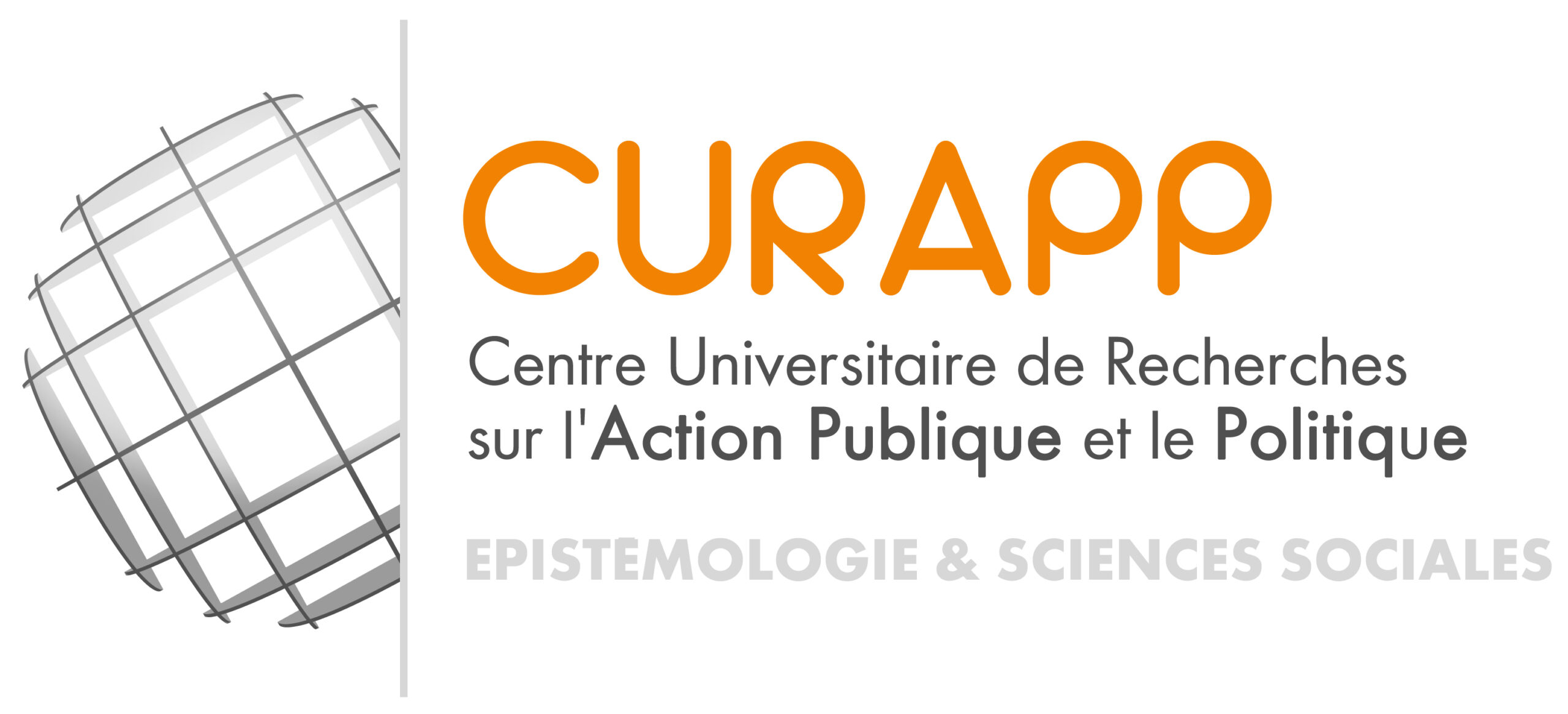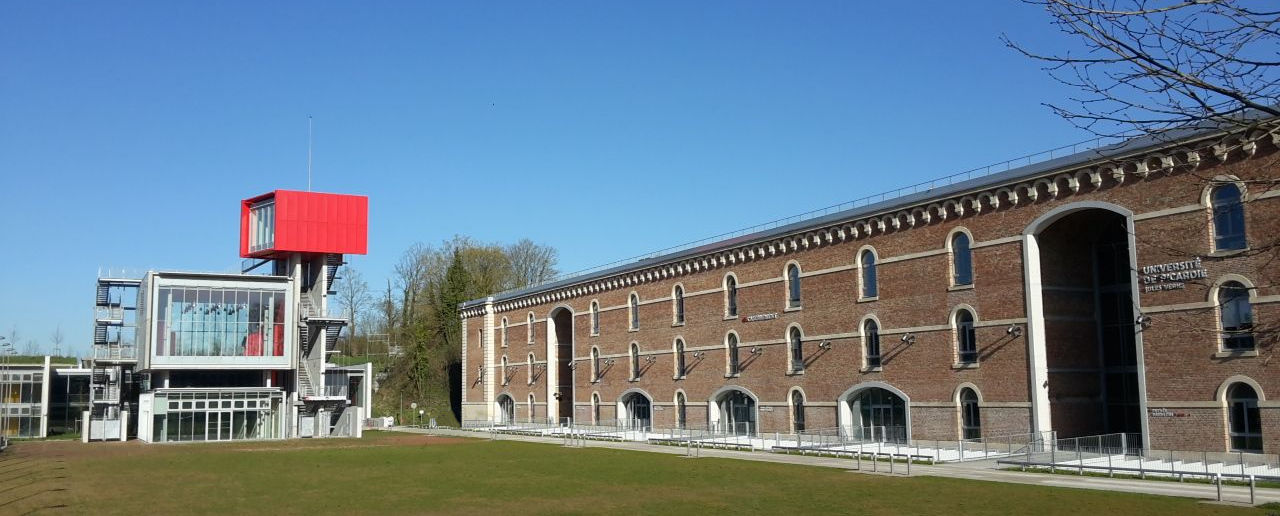This set of questions originates in the previous several year-long reflexive works of CURAPP sociologists and philosophers on the production, circulation, uses and appropriation of Human and Social Sciences. Whether they are archive analysis, works on the transnational circulation of ideas and knowledge, on historical sociology of knowledge configurations, or on disciplinary hybridization with the analysis of the interdisciplinary borrowing processes (between social sciences and philosophy, or between social sciences, psychology and natural sciences to a lesser extent),
these CURAPP-ESS studies extend and enrich the interrogations on Human and Social Sciences that have been a specific feature of the laboratory since its creation. They take part in the new epistemological interrogations on HSS which have gained momentum in recent years thanks to the historical sociology of knowledge configuration, to the sociology of intellectuals and to the social history of ideas and sciences.
Micro-history of collective surveys in social sciences
The aim is to understand how social science knowledge is produced by local contexts, extra-professional interactions and collective intellectual dynamics which tend to disappear between survey time and publishing time. A new analytical and methodological framework must be elaborated in order to question scientific productions. With this aim, we study forms of division of scientific labour, research practices and career dynamics in relation to time periods and theoretical movements, but also to the specific context of each survey.
History of the social sciences and of their internationalization
The aim is to study one of the main driving forces in the internationalization process of science: the States’ international scientific cooperation policies in the framework of “scientific diplomacy”. In this respect, we analyse seminal cooperation projects between France and the USSR since the 1960s. We focus on two key fields: space, on the one hand, which was the leading sector in this cooperation policy, and on the other hand, planning methods and applied social sciences (especially sociology, statistics, economy). Besides, history of the social sciences also studies the period of the résistance and of the Vichy political regime in France. What is at stake here is to understand how antifascist involvement marked a whole generation of French social science researchers and fed their reflections on modernity, progress and future.
Criticism of the contemporary uses of performativity in sociology and economy
Continuing the works of the CLERSE (CNRS/Lille 1 University) sociologists and economists, the research aims at understanding what is intellectually, epistemologically and socially at stake when the contemporary reflection on the financial markets uses the vocabulary of “performativity”, recently borrowed from the philosophy of language. A key issue is to understand if and how the introduction of this vocabulary allows new research on ideology, thanks to an improved comprehension of the performative effects of discourse. In this respect, we study the epistemological status of economics as a science and as a discourse, but we also question its social authority. An epistemological and philosophical reflection is also confronted with sociohistorical analyses.
Epistemology of criticism and history of pragmatism in social sciences
These studies aim at understanding what is at stake in the renewal of criticism which is grafted on the legacy of a certain form of pragmatism in social sciences. This transformation will be historically and conceptually documented; this will improve the comprehension of its indissociably intellectual and social challenges and uses, will confront it to other traditions in social sciences, and more specifically to “critical sociology” and to the legacy of the political criticism of Marxist origin of “Frankfurt school”. Several empirical surveys serve this objective, and the first of them address the scientific uses of socio-occupational category nomenclature.

